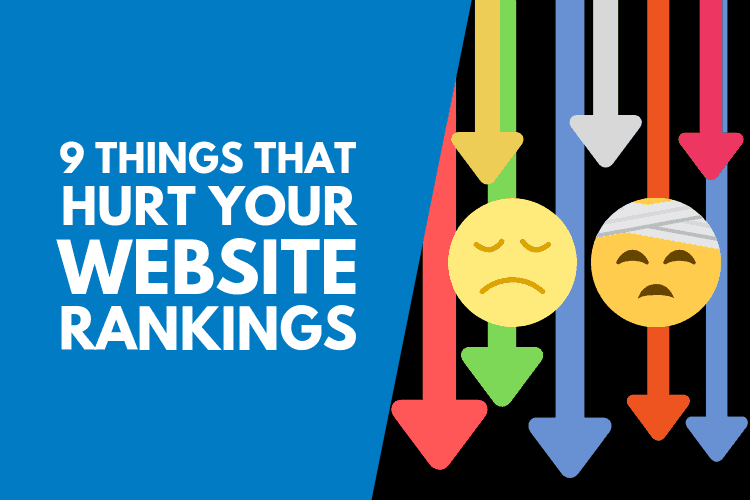
Google makes use of numerous parameters that regulates how you can rank search engine results. Basically, these parameters are connected to the content of a webpage like the URL, heads, titles, and so on. And gradually, Google made an official announcement that website speed will have a direct impact on search ranking. And Google believes that a poor-performing and slow website deserves less and lower ranking as compared to fast websites.
It will effect the user experience as well since they hate using a slow website and end up leaving it. Google doesn’t prefer it, it is quite certain that it is going to have a negative impact on your website. And there are numerous factors that might lower the speed of a website.
Choosing a cheap host also fail your business needs. It will leads to decreasing the website speed and eventually affecting the ranking. Using heavy images that take time while loading decreases the speed of the website. You must go for PNG images that don’t need logos and JPEG for photos. Using external embedded media even plays a role in the effectiveness of website speed, it lowers the load time.
Moreover, if you are having a lot of ads on your website, this is again a sign of affecting your website speed and using highly designed themes that contain a lot of effects can again affect the loading speed of your website. The widgets, social buttons, or comment areas also impact the website speed and if the HTML/CSS is inefficient, it will again end up in poor website speed and thereby, Google will lower the website ranking due to all these factors.
Slow loading times are more than just an annoyance to your website’s visitors. They can have a profoundly negative impact on your business as well. To see how a slow-loading site kills your business, we need only look at a couple of meaningful stats. According to an article in Entrepreneur, 47% of users expect a website to load in 2 seconds or less. After just 3 seconds of waiting, 40% of customers leave the site and find an alternative.
If your site suffers from poor site speed optimization, that’s nearly half of your potential customers go before they even get started. Search engines are also aware of how users dislike loading times and will rank slow-loading pages lower in their results.
10 Ways to Increase Your Site’s Loading Speed
Test Frequently, Optimize Caching, Reduce Image Size, Minify Your Files, Reduce HTTP Requests, Load JavaScript Files Deferred, Limit Redirects, Enable Asynchronous Loading, use a CDN, Compare Hosting Providers